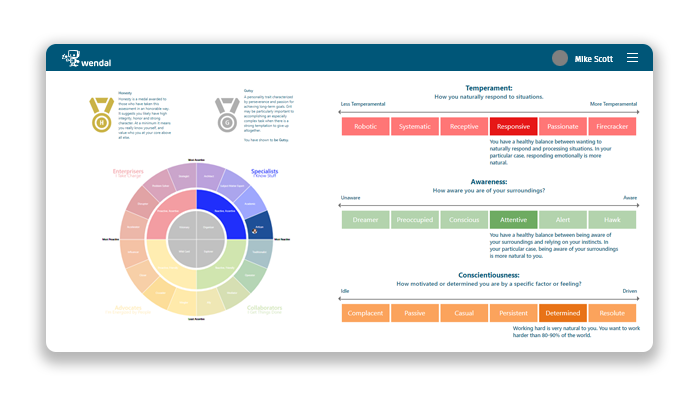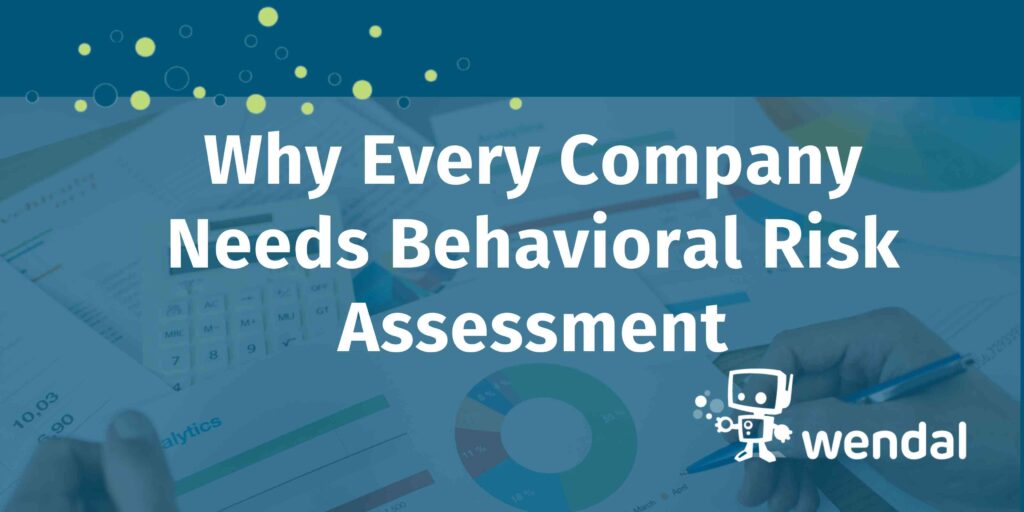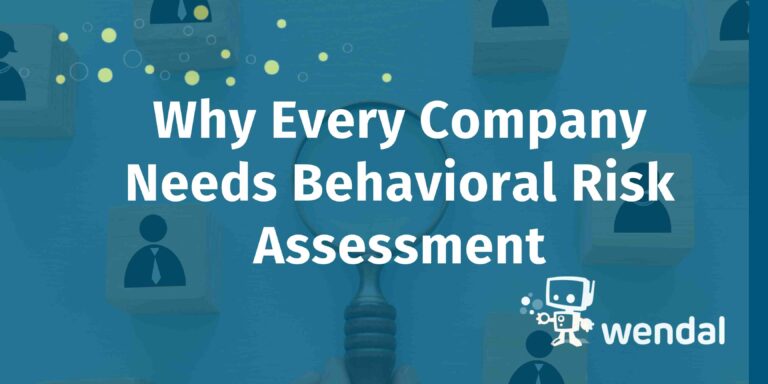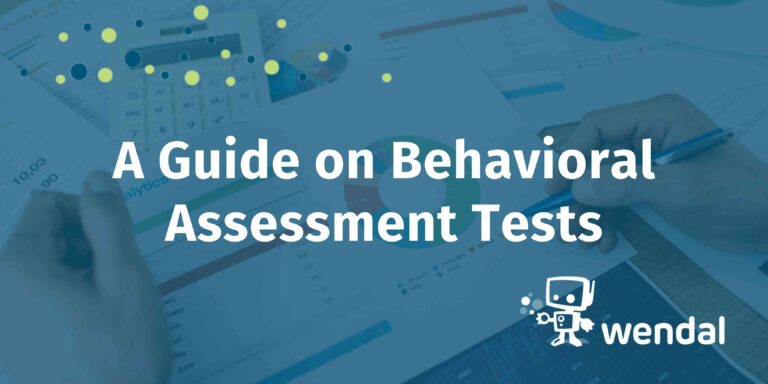Behavioral Assessments in HR
Behavioral assessments have emerged as a powerful tool in the field of HR and hiring, bringing about significant changes to the traditional landscape. These assessments aim to evaluate a candidate’s behavioral traits, personality characteristics, and cognitive abilities, providing valuable insights into their potential job performance and cultural fit within an organization.
The Benefits of Behavioral Assessments
Here are some ways in which behavioral assessments are changing the HR and hiring landscape:
Objective evaluation
Behavioral assessments provide a more objective evaluation of candidates compared to traditional methods such as resumes and interviews. By using standardized assessment tools, organizations can assess candidates based on consistent criteria, reducing biases and increasing fairness in the hiring process.
Improved prediction of job performance
Behavioral assessments enable employers to predict a candidate’s potential job performance more accurately. By assessing relevant behavioral traits and cognitive abilities, these assessments offer insights into how well candidates may handle specific job tasks and responsibilities, their problem-solving skills, and their ability to work effectively in a team or under pressure.
Cultural fit assessment
Behavioral assessments help organizations assess the cultural fit of candidates within their work environment. By evaluating a candidate’s values, work style, and preferred communication and decision-making approaches, employers can determine whether an individual aligns with the organization’s core values and team dynamics.
Time and cost efficiency
Traditional hiring methods often involve multiple rounds of interviews and assessments, which can be time-consuming and costly. Behavioral assessments streamline the process by providing comprehensive insights into a candidate’s suitability for a role, reducing the need for extensive interview rounds and allowing HR professionals to focus on the most qualified candidates.
Reducing turnover and enhancing retention
By gaining a deeper understanding of a candidate’s behavioral traits, organizations can identify individuals who are more likely to thrive in the role and align with the company’s culture. This alignment increases the chances of long-term job satisfaction, reduces turnover rates, and enhances employee retention.
Diverse hiring practices
Behavioral assessments can help mitigate biases and promote diversity and inclusion in the hiring process. By focusing on objective criteria related to job performance rather than subjective factors, organizations can make more informed decisions based on merit, skills, and potential, resulting in a more diverse workforce.
Development and training opportunities
Behavioral assessments provide valuable insights for employee development and training. By understanding an individual’s strengths, weaknesses, and developmental areas, organizations can tailor their training programs and create personalized development plans, leading to improved employee performance and engagement.
Data-driven decision-making
Behavioral assessments generate data and analytics that enable HR professionals to make data-driven hiring decisions. By analyzing assessment results and comparing them with job performance data, organizations can identify patterns and trends, allowing for continuous improvement of their hiring processes.
Conclusion
Overall, behavioral assessments are revolutionizing HR and hiring practices by providing objective evaluations, predicting job performance, assessing cultural fit, and promoting diversity.
By leveraging these assessments, organizations can make more informed decisions, improve employee retention, and build high-performing teams.









